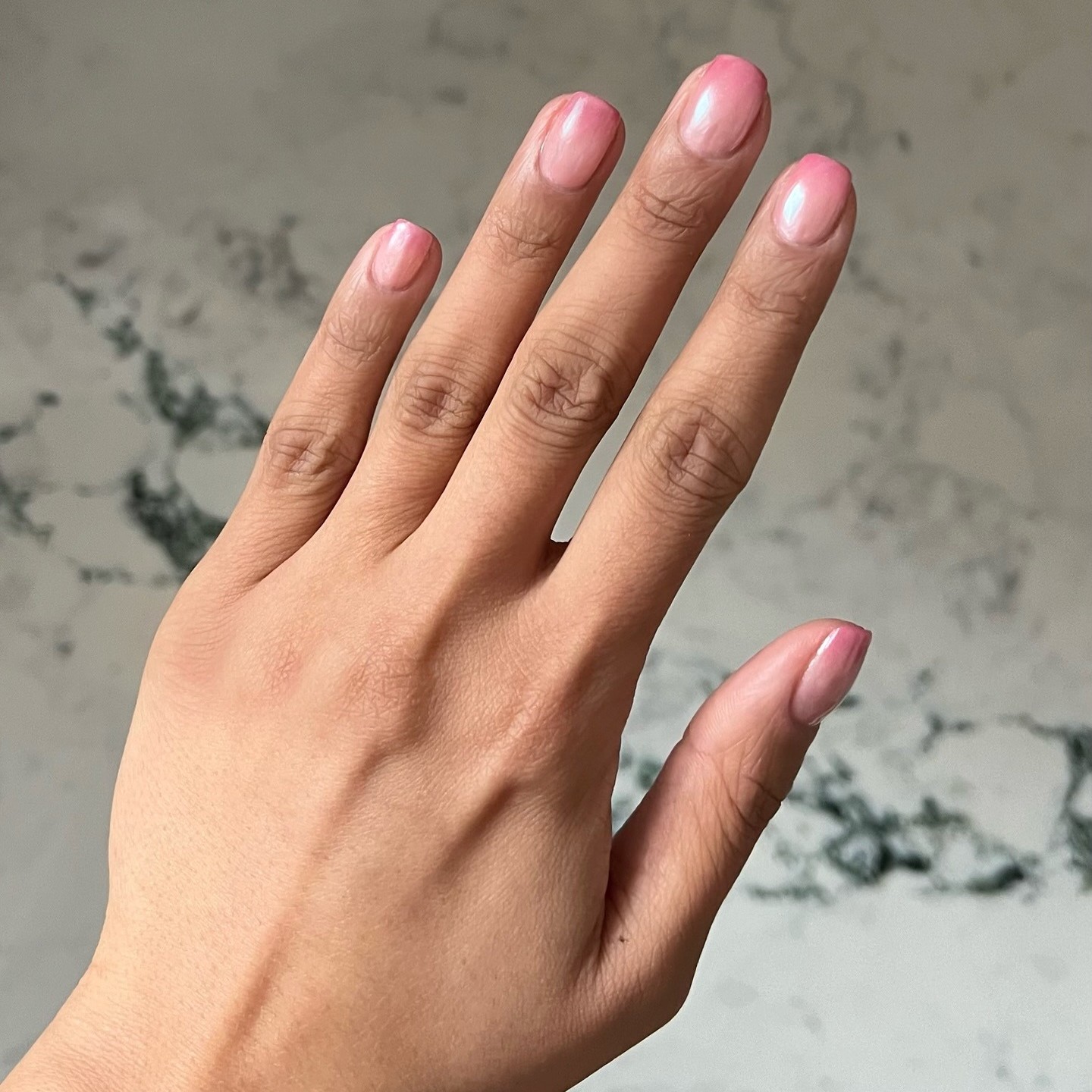Environmental Aggressors Can Cause Premature Aging—18 Products That Play Defense
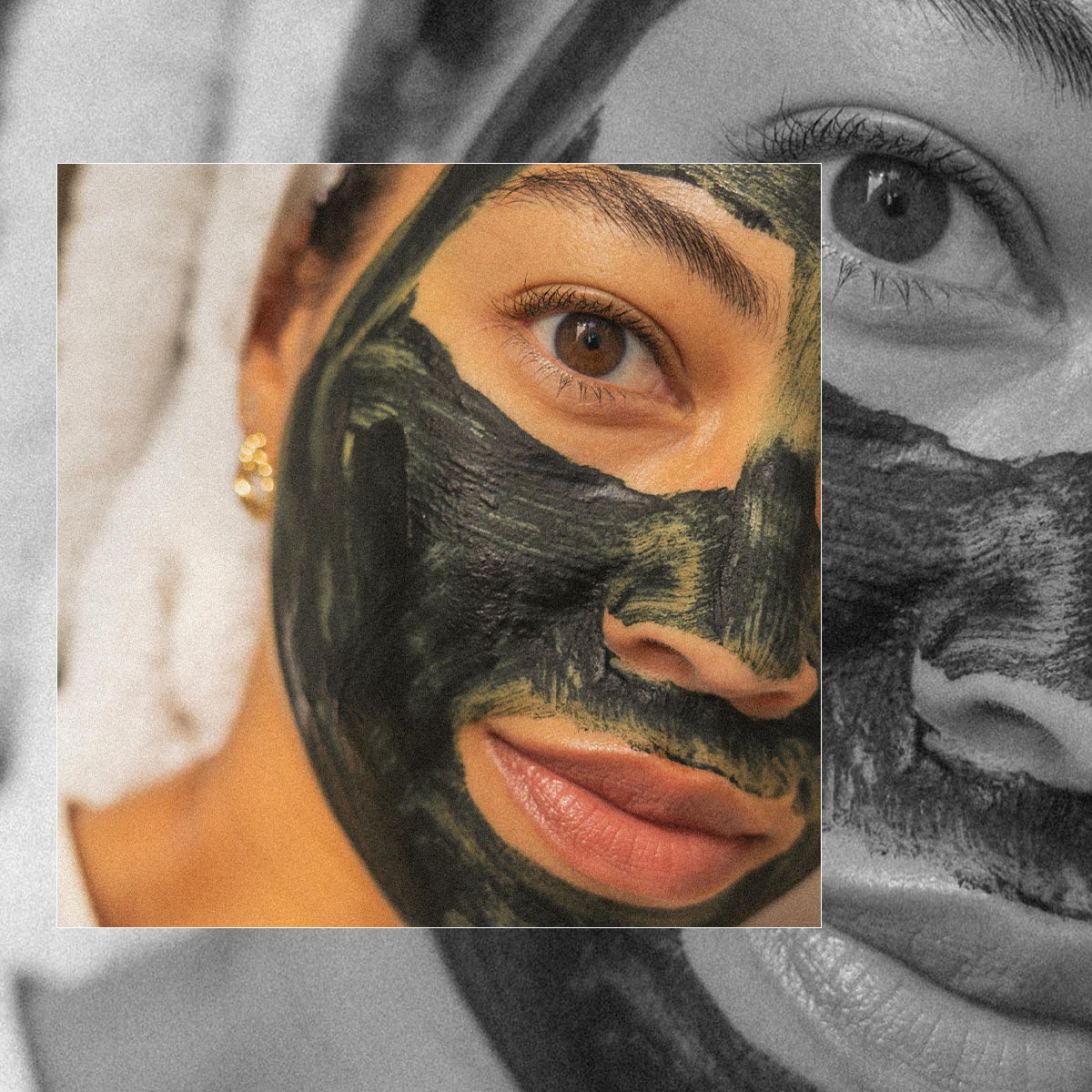
Let's be honest. There are a lot of beauty terms that get thrown around that aren't always the most intuitive. One term that's always tripped me up? "Environmental aggressors." I know environmental aggressors are bad, and I know there are products out there that can help your skin avoid them, but I honestly have never fully understood what the heck environmental aggressors actually are.
I reached out to some of the best dermatologists in the industry to give me a crash course on environmental aggressors. If you're also confused about this skincare term, you should probably keep reading.
What exactly are environmental aggressors?
Basically, "environmental aggressor" is a blanket term for anything that can harm the skin with repeated exposure. "The most prevalent are sunlight, blue light (especially at high dosages over long periods of time), infrared radiation, air pollution, aggressive temperature changes, and cigarette smoke," says Divya Shokeen, MD, FAAD.
When your skin is exposed repeatedly to these kinds of aggressors, there can be detrimental effects. "Environmental aggressors produce free radicals, which are unstable compounds that cause cellular damage by 'stealing' electrons from stable molecules, creating a destructive domino effect in the skin," says Dendy Engelman, MD, FACMS, FAAD, a board-certified cosmetic dermatologist and Mohs surgeon. Engelman explains that damage from environmental aggressors can lead to premature aging by causing fine lines, wrinkles, and sagging skin. At their worst, these aggressors can also cause skin cancer.
How can you shield your skin from environmental aggressors?
Sunscreen. "Sunscreen is always going to be essential to protect against environmental aggressors, and some sunscreens may offer protection against UVA, UVB, and blue light," says Marisa Garshick, MD, FAAD.
Antioxidants. "Antioxidants are key for preventing damage from environmental aggressors because they pair with free radicals that are looking to 'steal' electrons from other molecules, thus neutralizing the damage," says Engelman. "Vitamin C is particularly effective at preventing and combating damage from environmental aggressors because of its exfoliating properties, which both brighten the skin (reducing hyperpigmentation) and boost collagen production by stimulating cell turnover. Skincare products that are rich in antioxidants, specifically vitamin C, are excellent for protecting skin from environmental aggressors."
Moisture. "Aggressive temperature changes can damage the skin barrier, so in the winter, remember to utilize your moisturizer and humectants, and during the summer, use your hydrating serums and toning mists to keep your skin cool," says Shokeen.
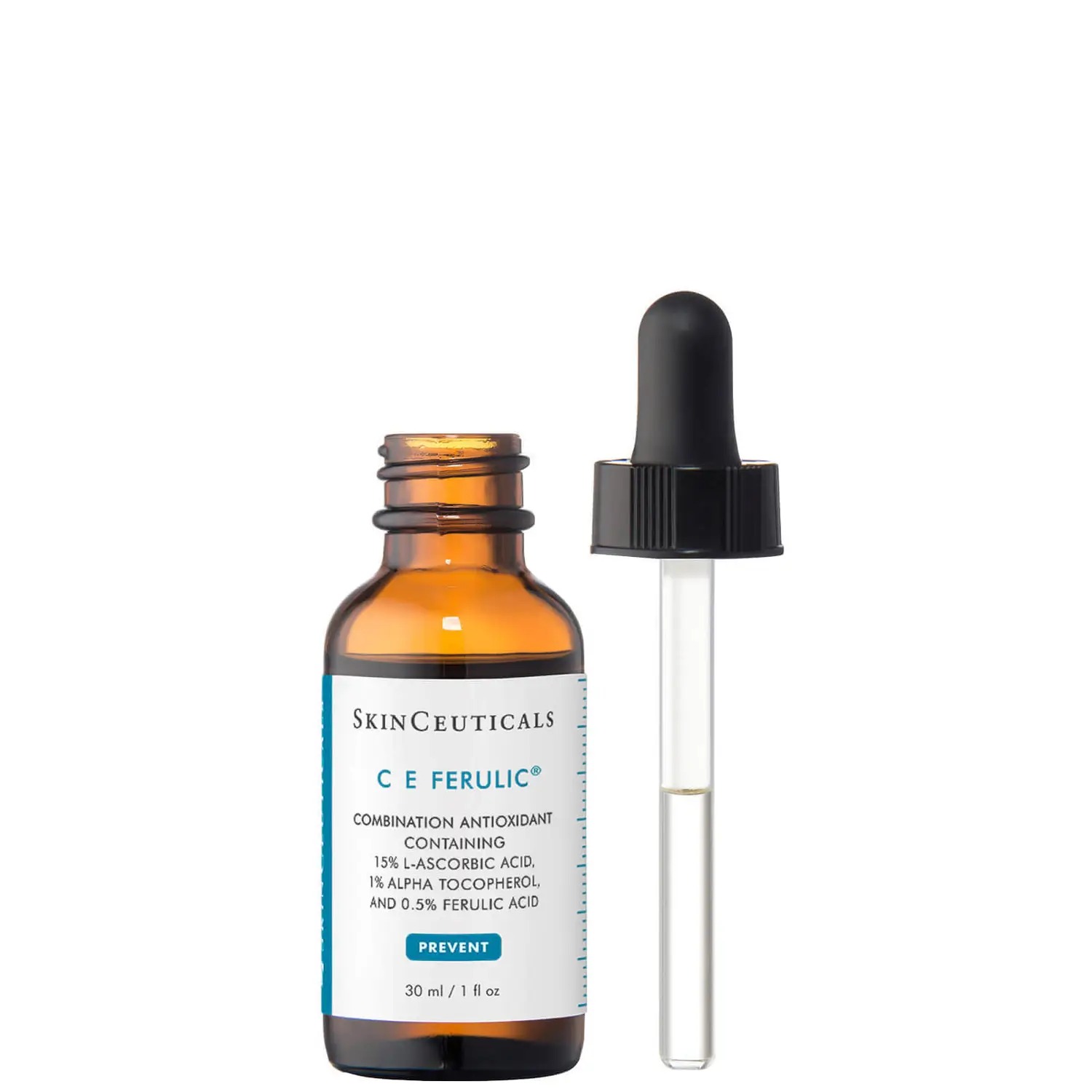
"[This is] the best stabilized vitamin C serum for normal to dry skin," says Shokeen. "It is perfect under sunscreen because it has the highest potency ascorbic acid to block oxidative damage."
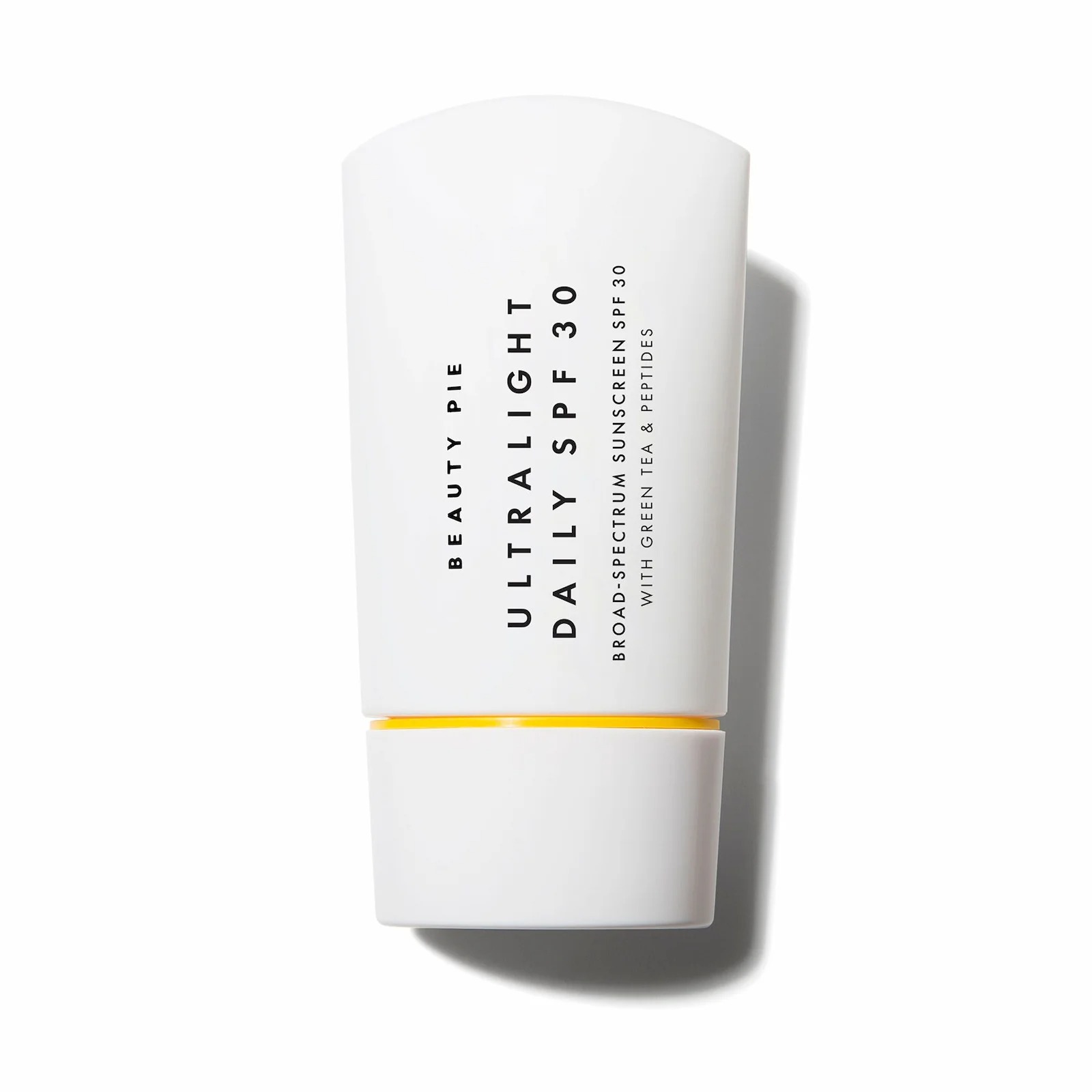
"[By] combining antioxidants including vitamin E and green tea, this mineral sunscreen offers protection against UV and other environmental aggressors," says Garshick. "It is also rich in peptides and can be used by all skin types. It's a flaw-blurring primer and super-antioxidant infusion, all rolled into one invisible, imperceptible, ultra-lightweight SPF 30."
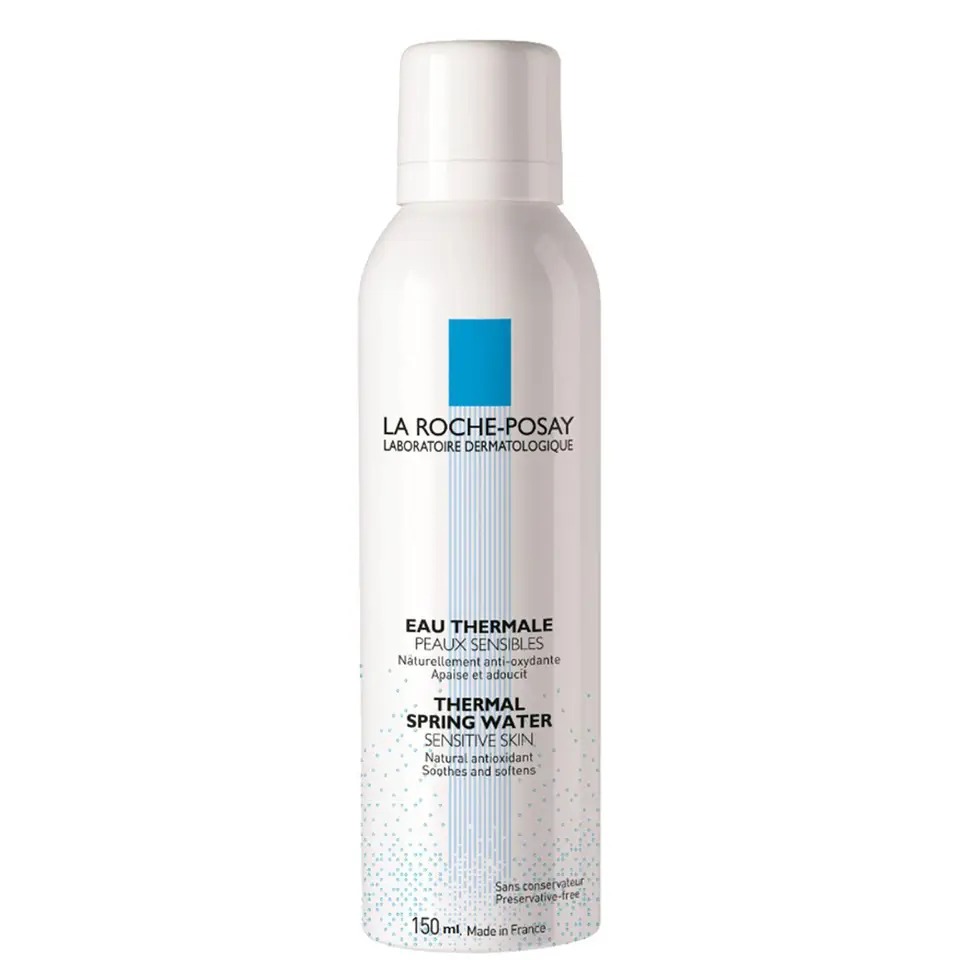
"La Roche-Posay's Thermal Spring Water is my personal favorite for hot summers where your skin needs hydration and a cooling mist," says Shokeen.
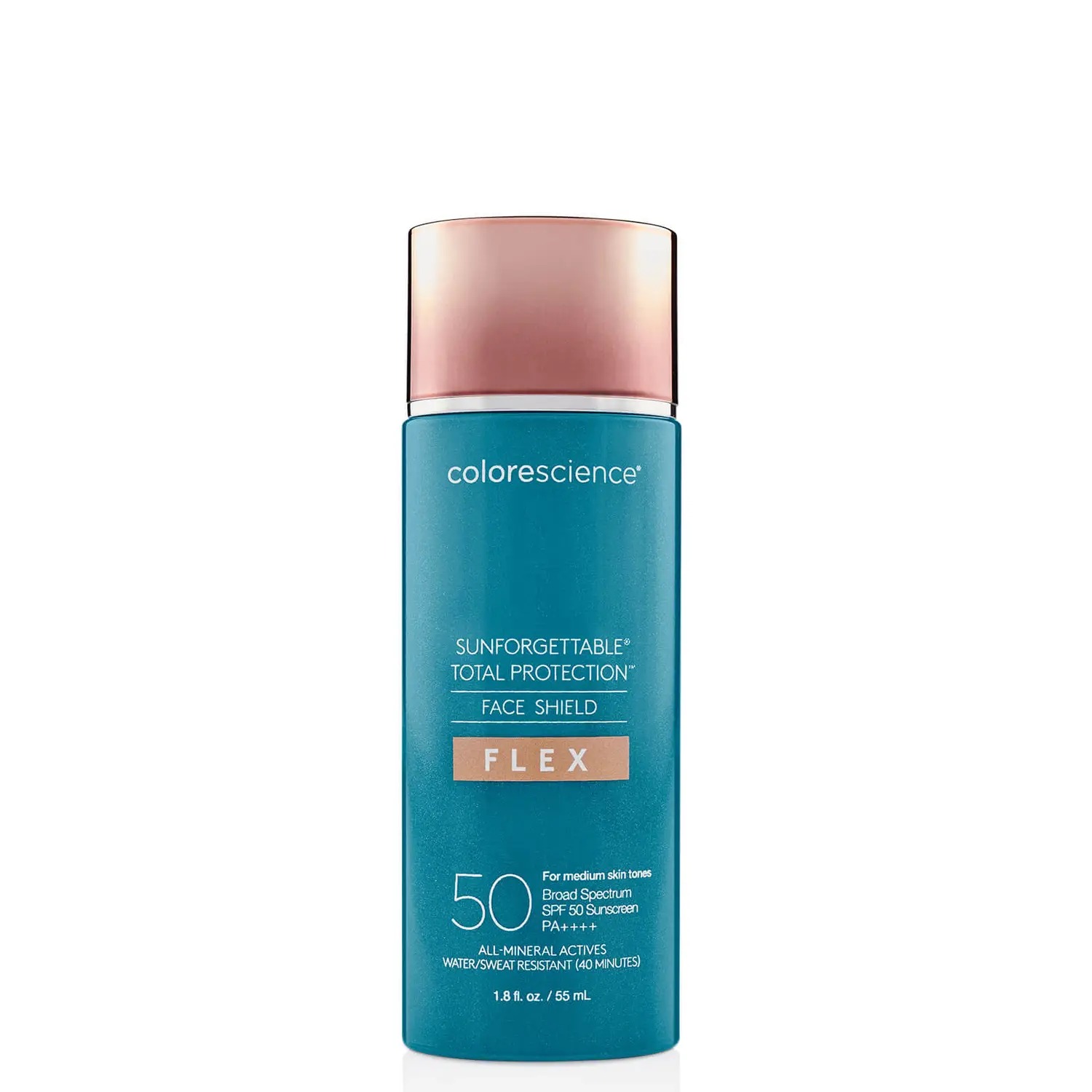
"This lightweight broad-spectrum mineral sunscreen uses zinc oxide [at] 12%, iron oxide, antioxidants, and a patented EnviroScreen technology to protect against UVA and UVB, blue light, pollution, and infrared radiation," says Garshick. "It is available in four different shades, making it easy to blend with your skin for natural coverage, and uses iron oxide pigments to adapt to your specific tone without leaving the skin feeling greasy, making it good for all skin types. It is also hydrating and contains niacinamide to help soothe the skin and aid the skin barrier."
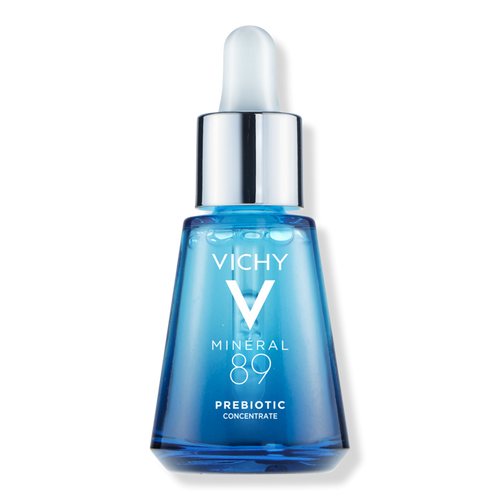
"This serum works to boost skin barrier repair, as it incorporates Vichy volcanic water, vitreoscilla ferment as well as niacinamide, which is soothing on the skin," says Garshick. "It can be used once or twice daily and helps to fight visible signs of stress on the skin."
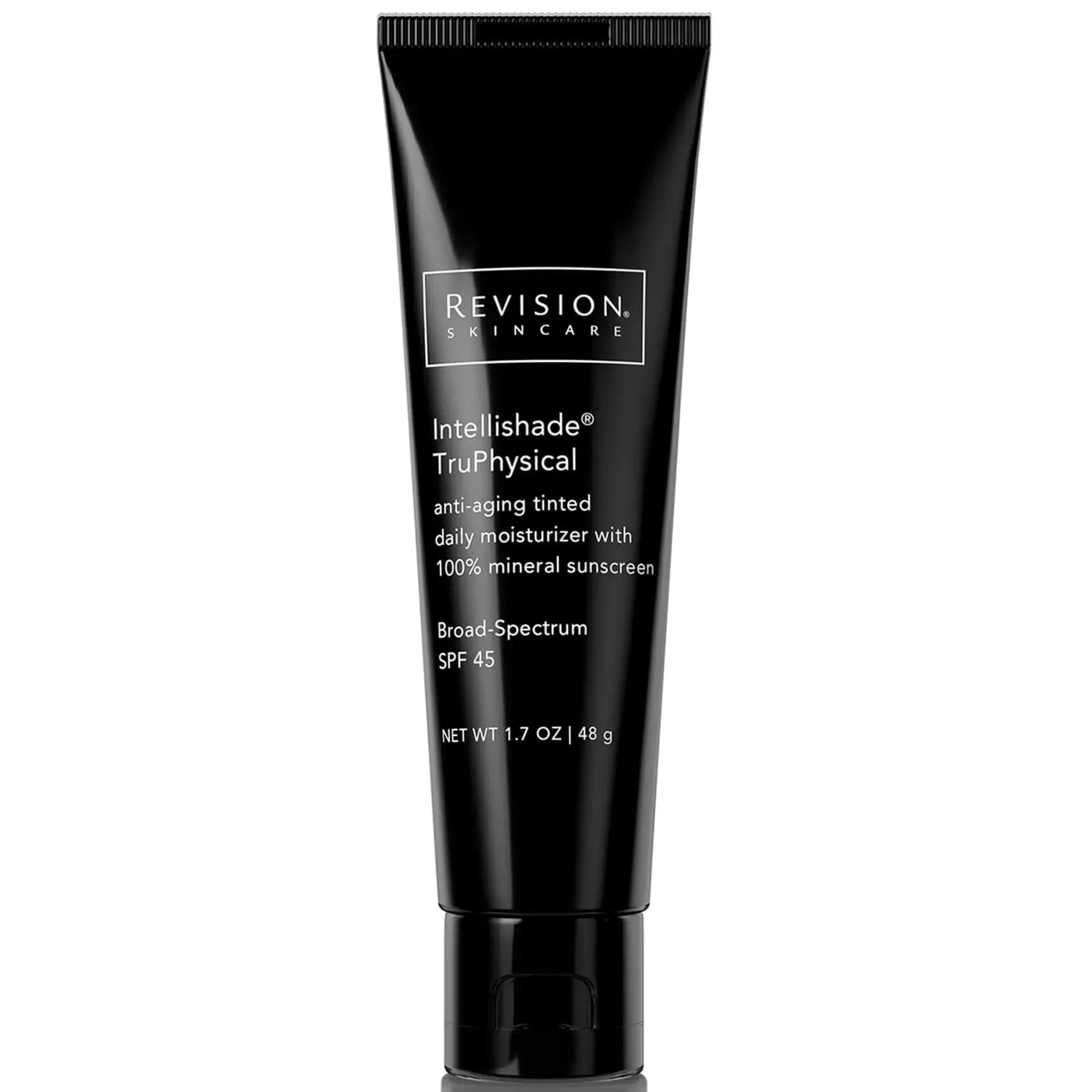
"This all-in-one mineral sunscreen and moisturizer is a great option for daily use," says Garshick. "It contains antioxidants to help fight free radical damage and protect the skin from other environmental stressors. It simultaneously brightens and hydrates and also contains iron oxides, which can help to provide added protection against blue light."
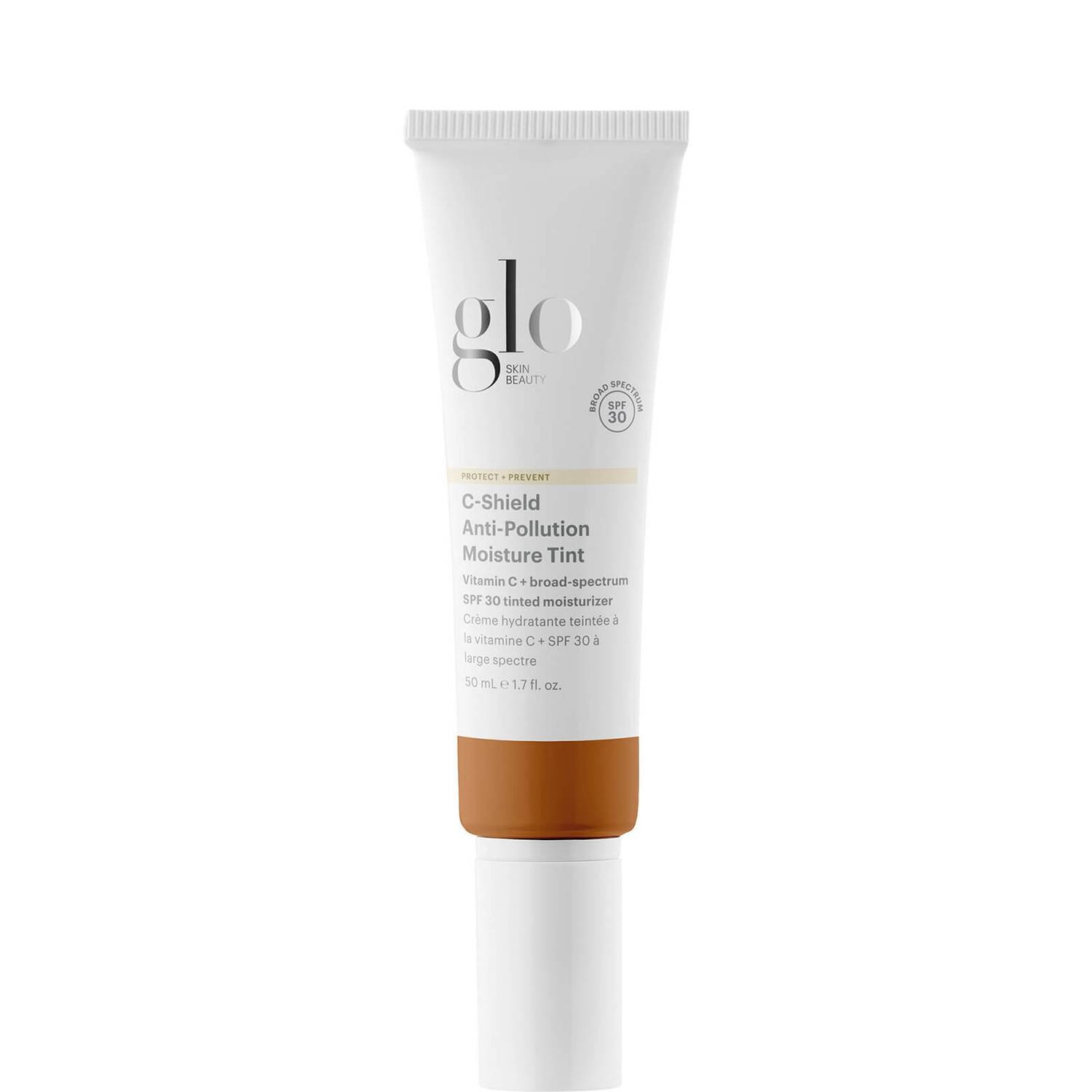
"This three-in-one lightweight moisturizer, SPF, and mineral makeup is a superstar product for defending skin from environmental aggressors," says Engelman. "On top of providing SPF 30 protection, it contains vitamins C and E to combat free radical damage from UV rays, blue light, and pollutants. The oil-free hydrators and mineral tint leave skin soft, hydrated, and perfected."
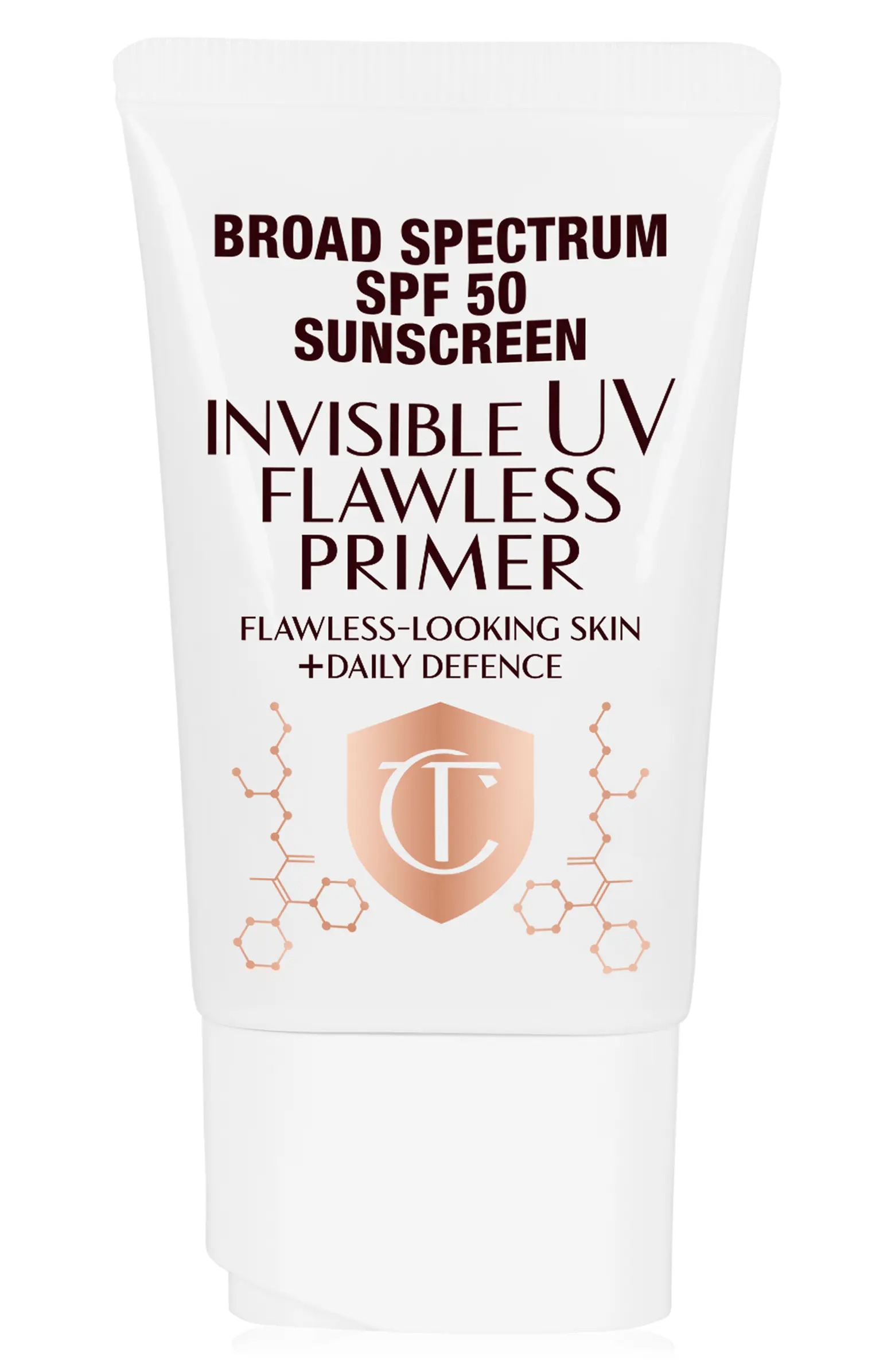
"This primer protects the skin by providing SPF 50 broad-spectrum coverage, and it uses Citystem, a botanical-extract complex that defends against urban pollution," says Garshick. "It also contains hyaluronic acid and aloe vera to hydrate and nourish the skin. The smoothing, blurring polymers help reduce the appearance and fine lines and pores."
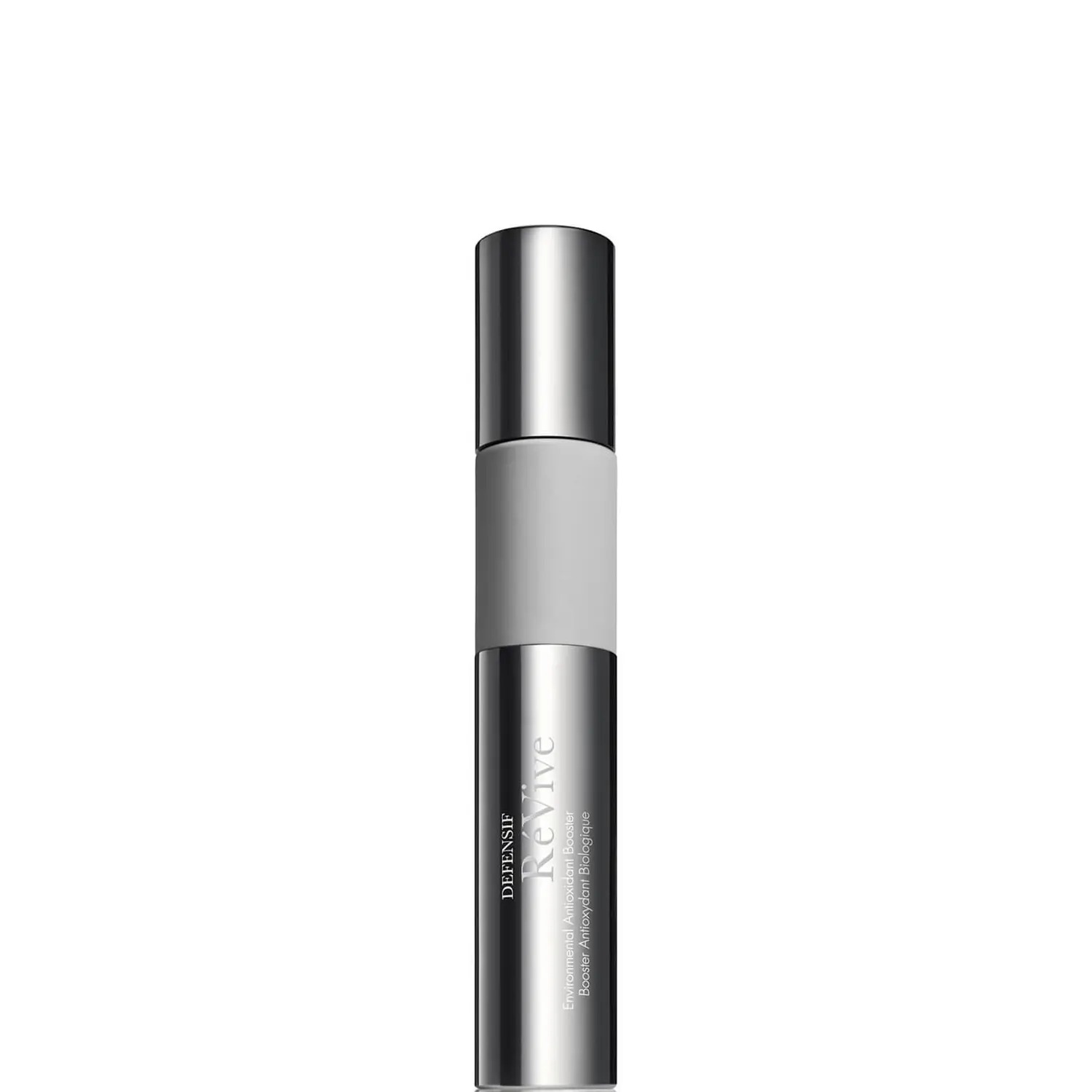
"This booster serum can be added to your favorite moisturizer to provide protection against environmental stressors, using antioxidants and enzymes," says Garshick. "It includes the superoxide dismutase combined with green tea, turmeric, and vitamins to help fight free radical damage."
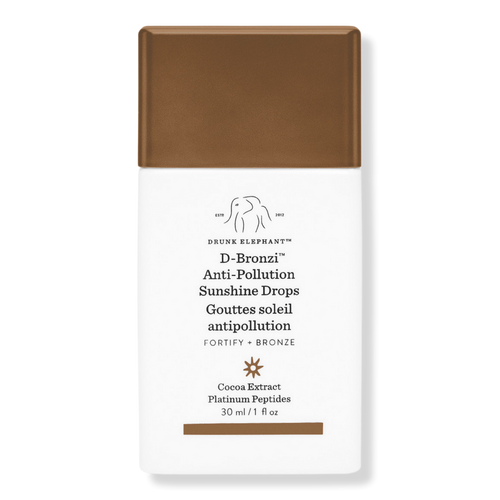
"Containing cocoa extract, peptides, and Chronocyclin, these drops can be added to other serums and moisturizers to provide protection against pollution and other environmental stressors," says Garshick.
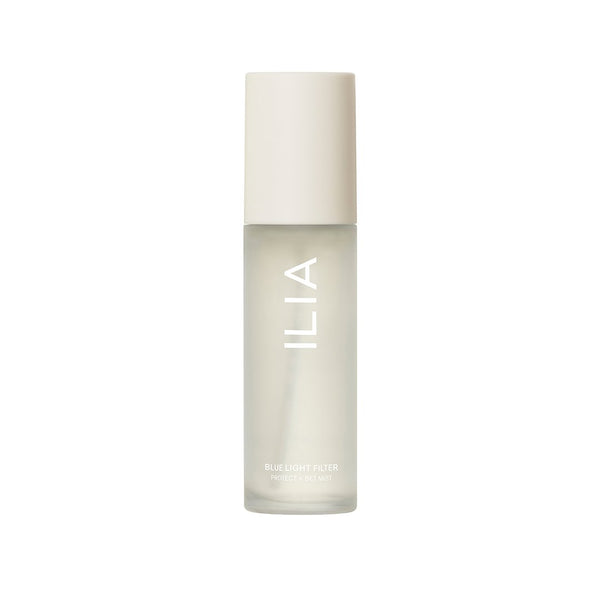
"This non-sticky mist works to hydrate and set makeup while also providing protection from blue light and pollution, making it a great option for on the go to help refresh and reset the skin," says Garshick.
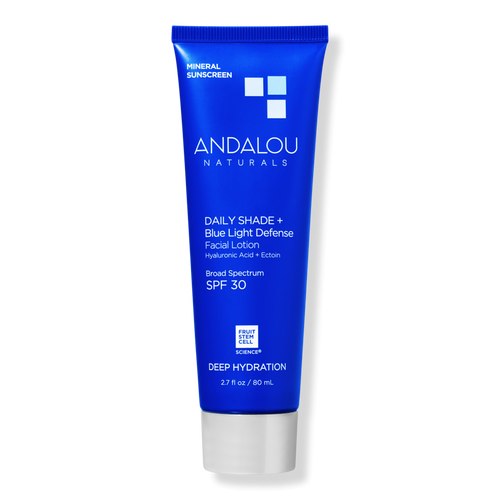
"This ultra-lightweight formula combines apple stem cells, biodesigned collagen, and hyaluronic acid with zinc oxide to protect the skin while also nourishing it and hydrating it," says Garshick. "It also contains Ectoin, providing additional protection against environmental stressors like blue light and pollution."
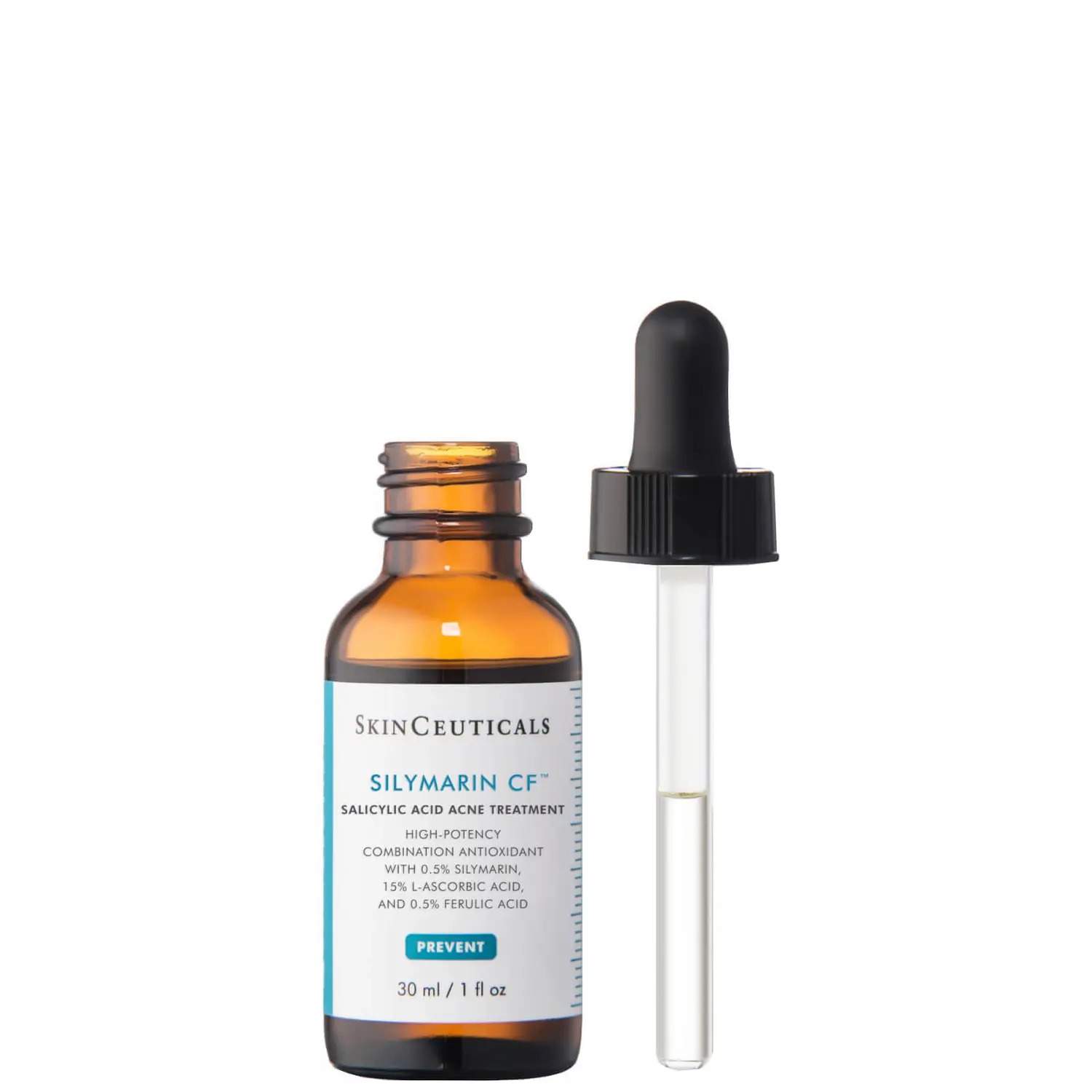
"For oily or acne-prone skin, consider the SkinCeuticals Silymarin CF," says Shokeen. "The salicylic acid will minimize breakouts."
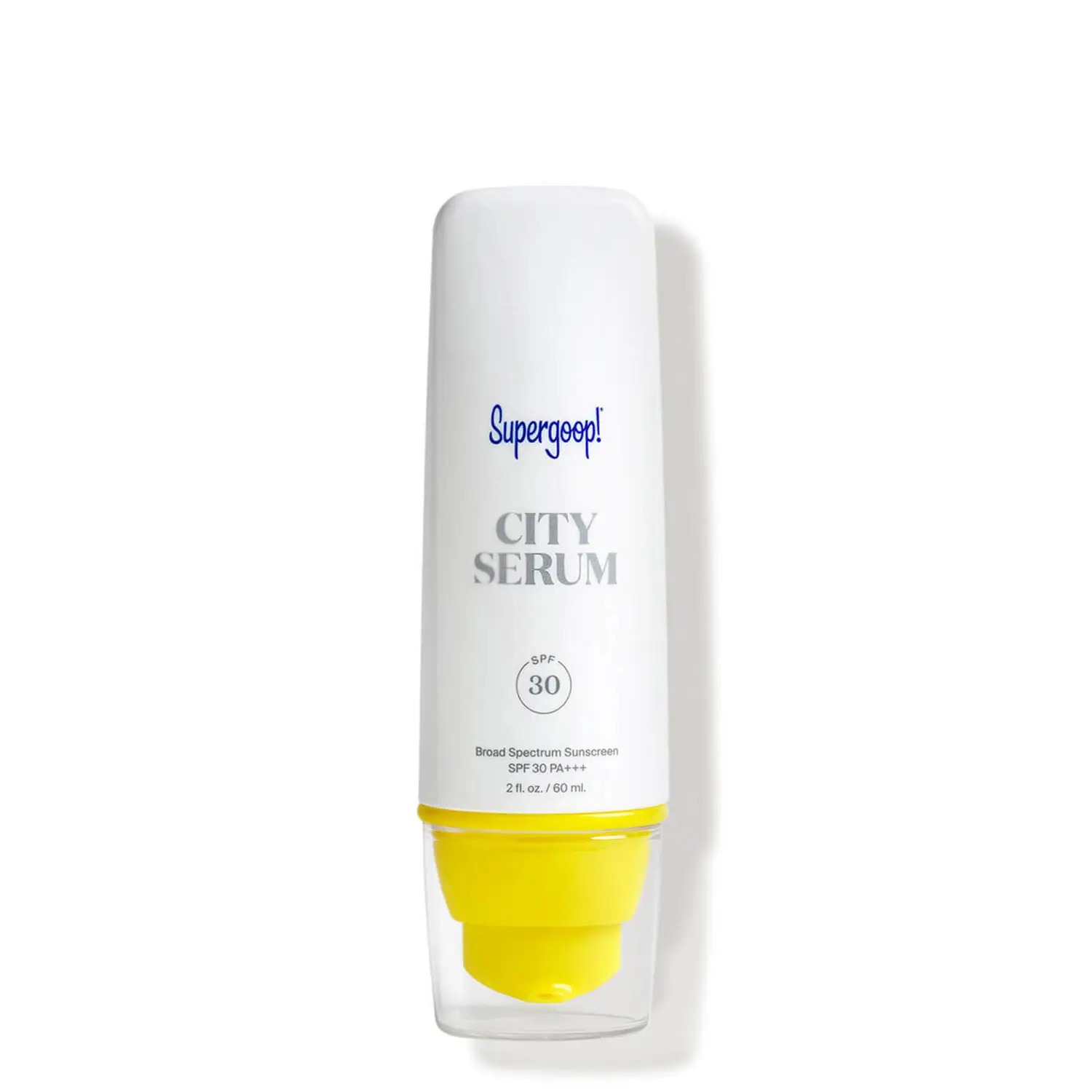
"City living exposes the body to a number of sources of pollution," says Camp. "With that in mind, this smooth, hydrating daily SPF moisturizer is designed to protect skin from UV radiation and free radicals."
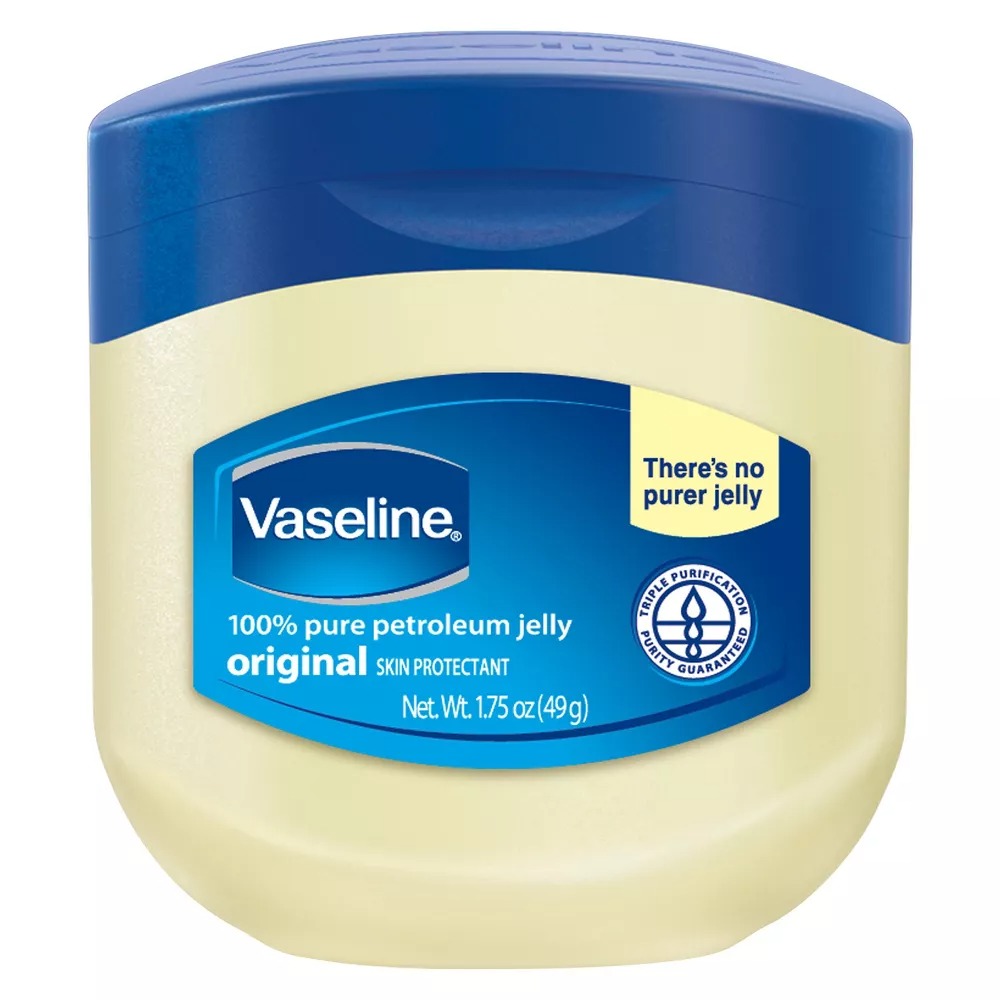
"Vaseline is the perfect option for applying over your moisturizer on cold evenings to keep the hydration locked in," says Shokeen.
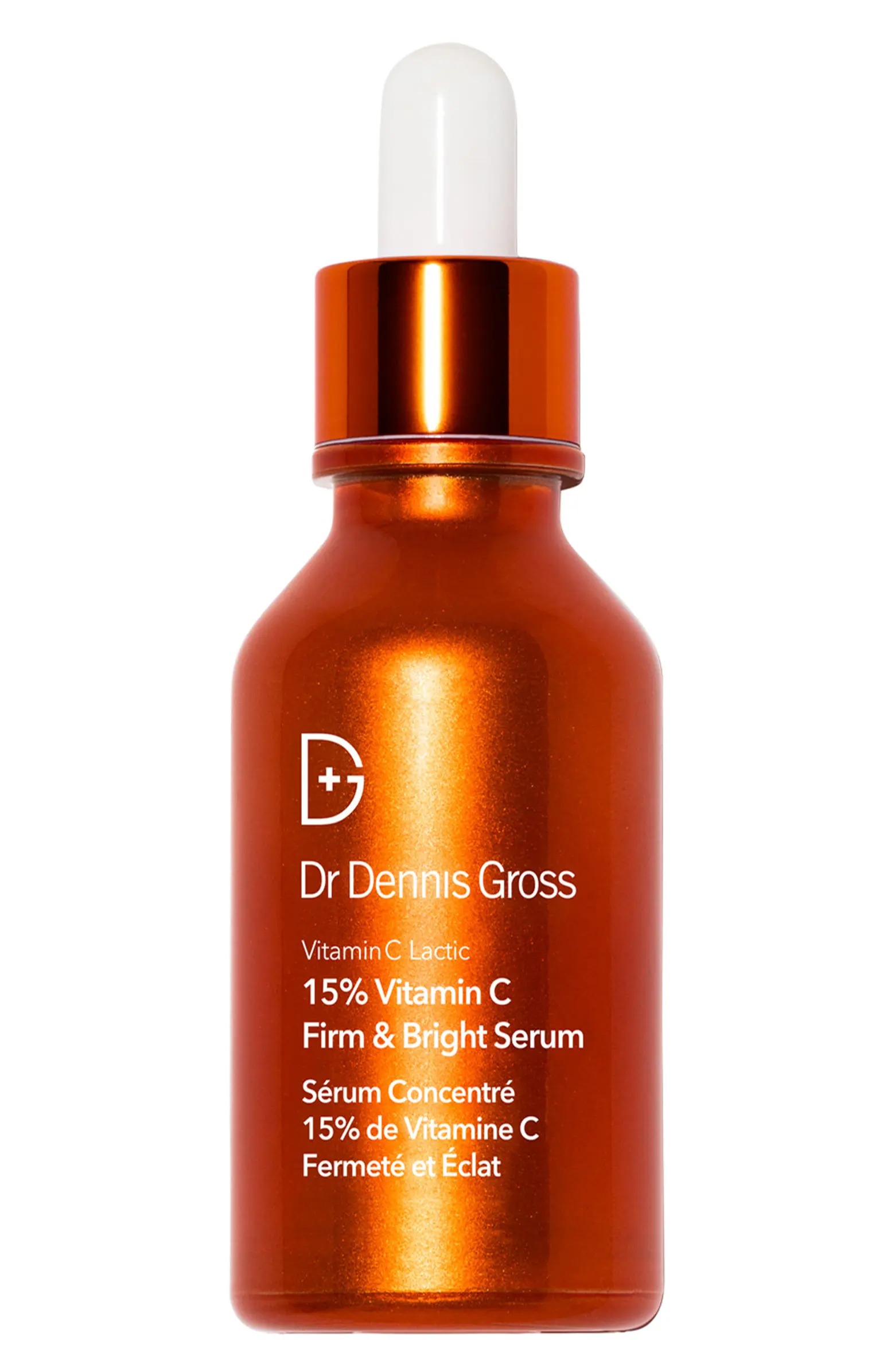
"Vitamin C serums offer antioxidant protection," says Brendan Camp, MD. "This serum also helps brighten skin and keep it firm."
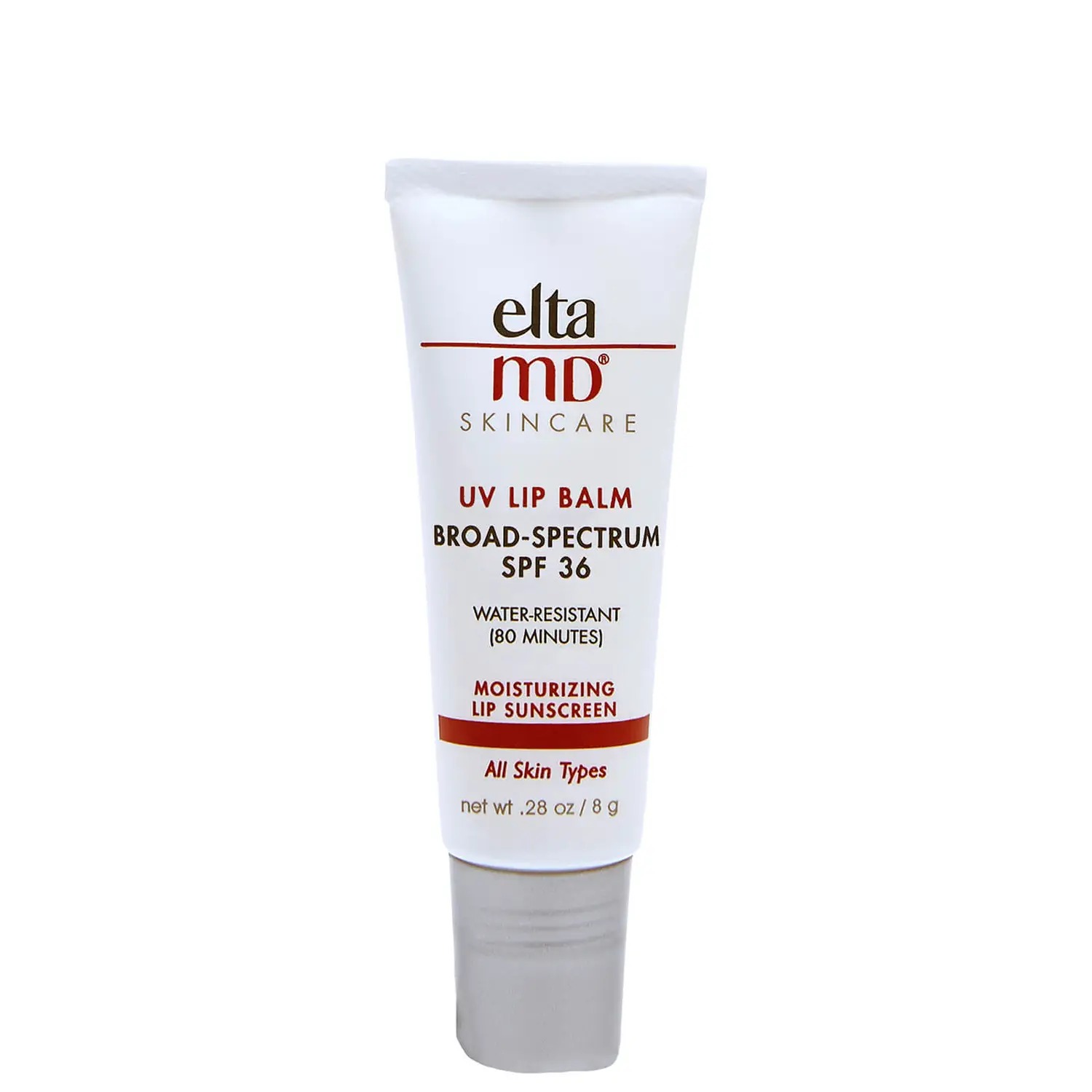
"The lips and ears are often neglected when protecting our skin from the sun," says Camp. "This creamy lip balm offers SPF 36 protection and keeps lips hydrated."
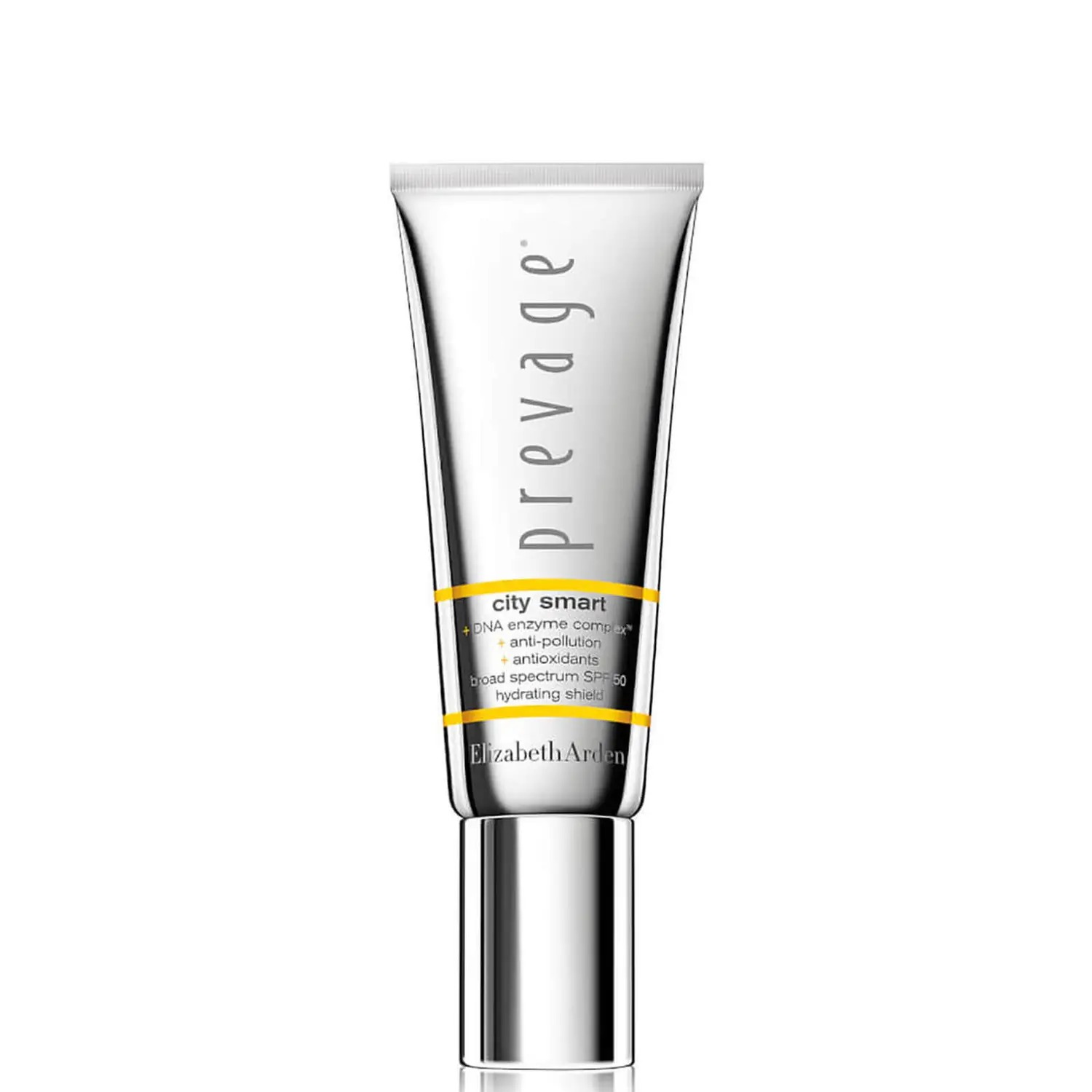
"This is an amazing daily sunscreen that contains a pollution shield, antioxidants, and an SPF of 50 to provide excellent protection against environmental aggressors," says Engelman.
Prior to her time at Who What Wear, Katie Berohn worked as the beauty assistant for Good Housekeeping, Woman's Day, and Prevention magazines, all part of the Hearst Lifestyle Group. She graduated from the University of Colorado, Boulder, with a major in journalism and minor in technology, arts, and media, and earned her master's degree at NYU's graduate program for magazine journalism. In addition, Katie has held editorial internships at Denver Life magazine, Yoga Journal, and Cosmopolitan; a digital editorial internship at New York magazine's The Cut; a social good fellowship at Mashable; and a freelance role at HelloGiggles.
-
 My Friend Asked What to Buy From Amazon—I Sent 30 Chic Fashion, Beauty, and Décor Picks Ahead of Prime Big Deal Days
My Friend Asked What to Buy From Amazon—I Sent 30 Chic Fashion, Beauty, and Décor Picks Ahead of Prime Big Deal DaysThese are too good (and affordable) to pass up.
By Jennifer Camp Forbes
-
 If You Have a Damaged Skin Barrier, This Scandinavian Skincare Secret Can Help
If You Have a Damaged Skin Barrier, This Scandinavian Skincare Secret Can HelpIt protects the skin from oxidative stress.
By Kaitlyn McLintock
-
 Mandelic Acid Is the Key to Clearing Acne-Prone Skin (Without Extra Irritation)
Mandelic Acid Is the Key to Clearing Acne-Prone Skin (Without Extra Irritation)Here's your guide to the ingredient.
By Kaitlyn McLintock
-
 Why Coenzyme Q10 Might Be the Sneaky Ingredient Your Skin Needs This Winter
Why Coenzyme Q10 Might Be the Sneaky Ingredient Your Skin Needs This WinterIt's so protective.
By Katie Berohn
-
 I'm a Beauty Editor—9 Products I Always Restock (and 3 I Retire) for Winter
I'm a Beauty Editor—9 Products I Always Restock (and 3 I Retire) for WinterIt's about time I switch things up.
By Valeriya Chupinina
-
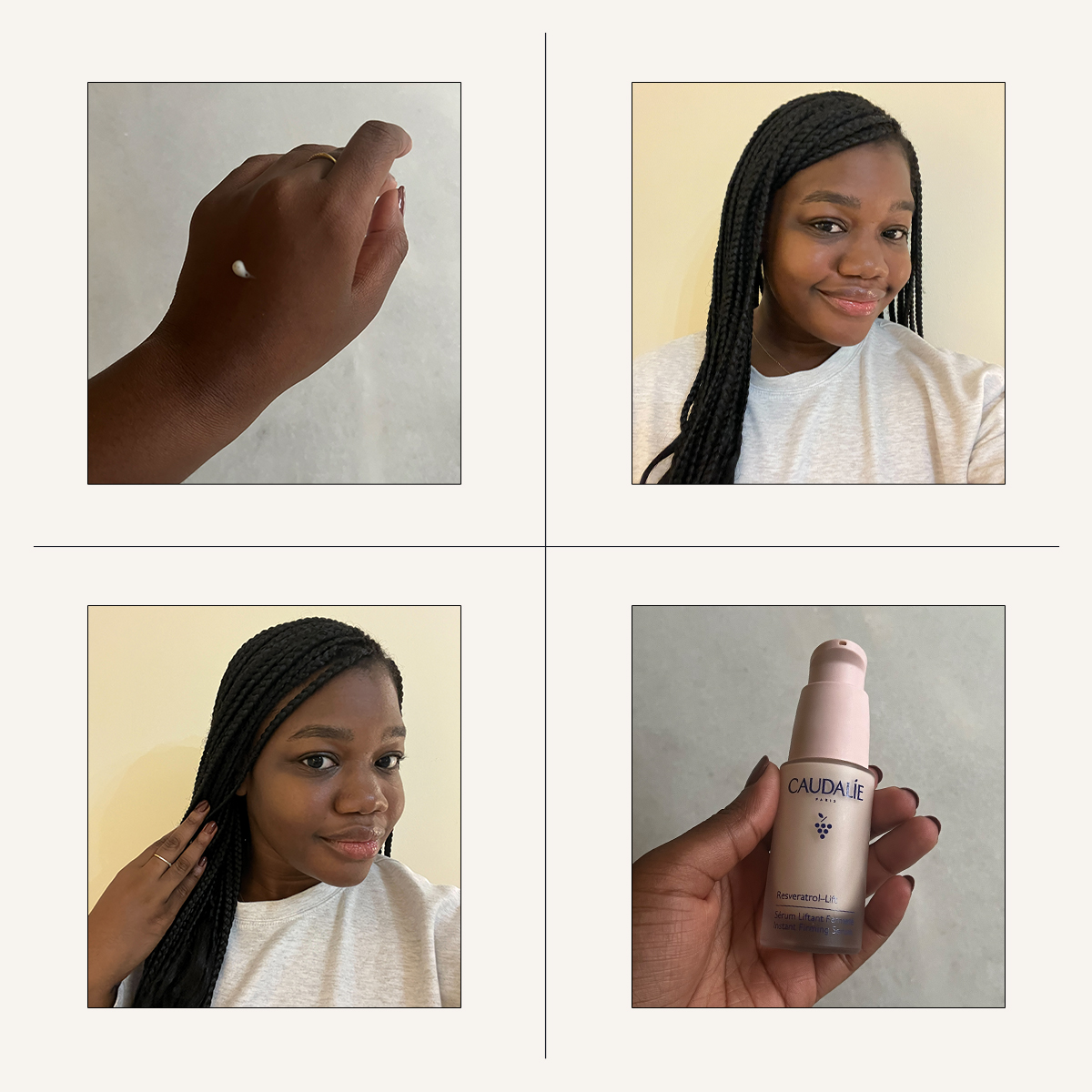 This TikTok-Viral Serum Gave My Ultra-Round Face Cheekbones for Days
This TikTok-Viral Serum Gave My Ultra-Round Face Cheekbones for DaysIt works wonders.
By Maya Thomas
-
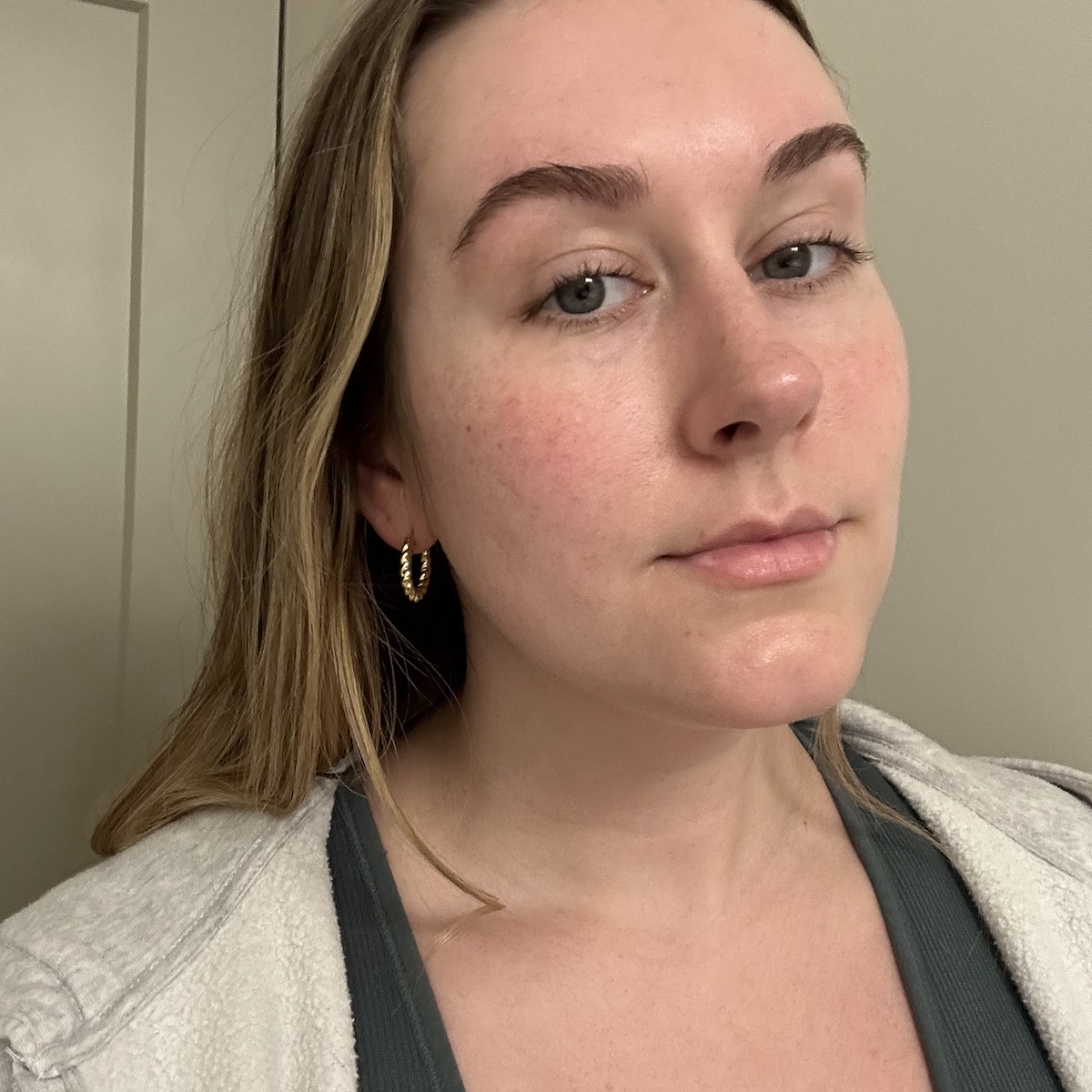 If You Like Waking Up to Plump, Glowing Skin, Don't Sleep on This Overnight Mask
If You Like Waking Up to Plump, Glowing Skin, Don't Sleep on This Overnight MaskGet better skin by morning.
By Kaitlyn McLintock
-
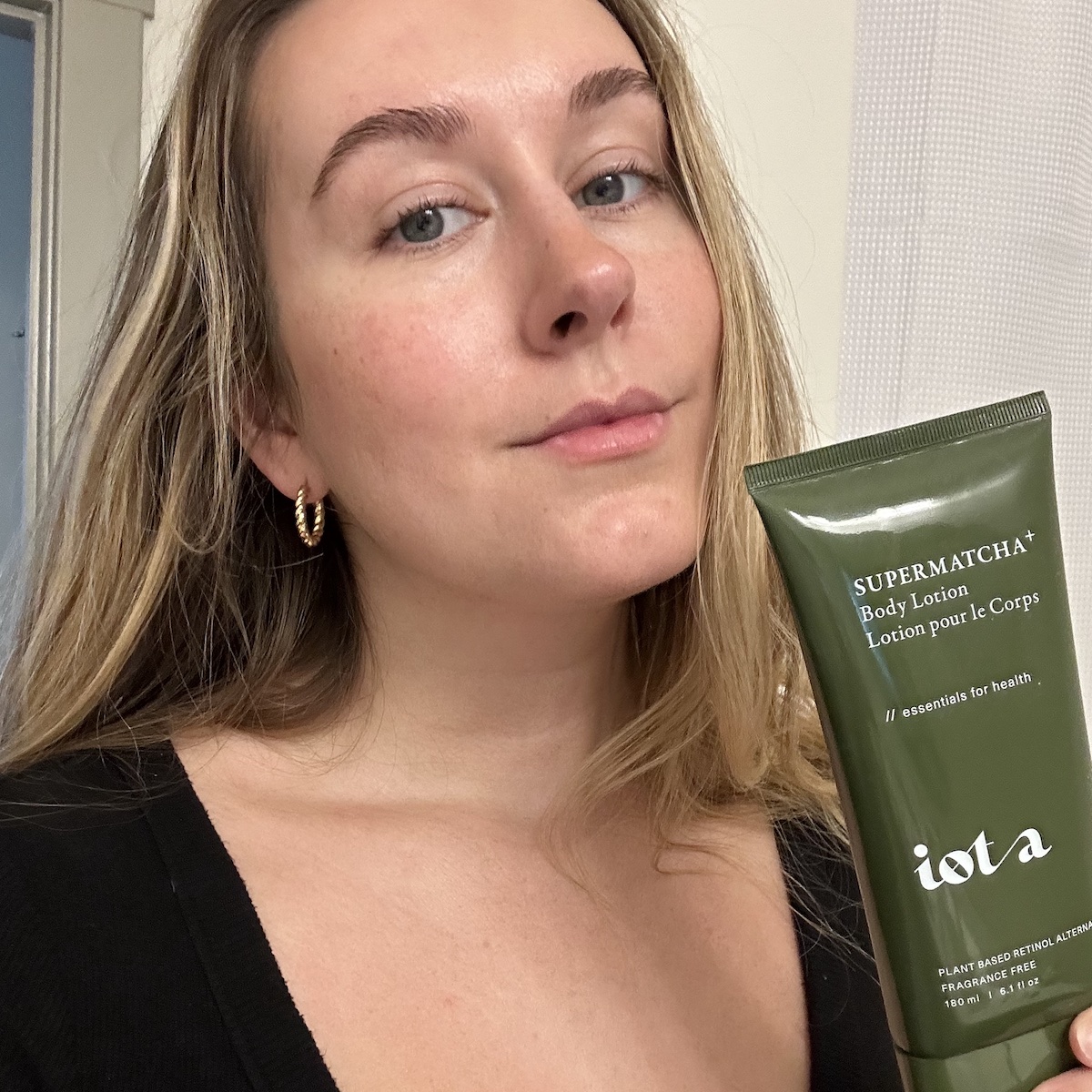 After 3 Weeks, I Swear This Matcha-Spiked Body Lotion Gave Me Firmer Skin
After 3 Weeks, I Swear This Matcha-Spiked Body Lotion Gave Me Firmer SkinIt's my new favorite.
By Kaitlyn McLintock

